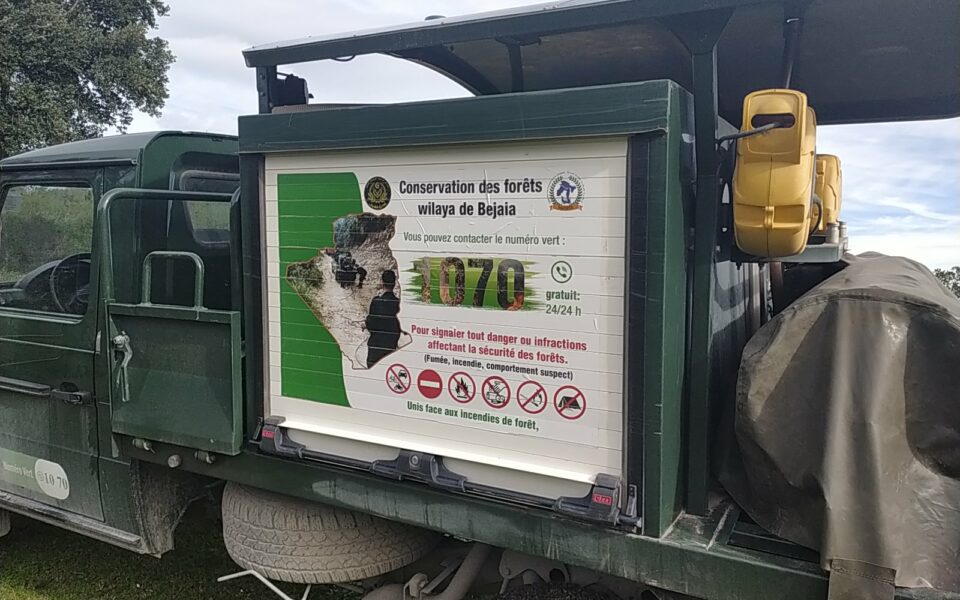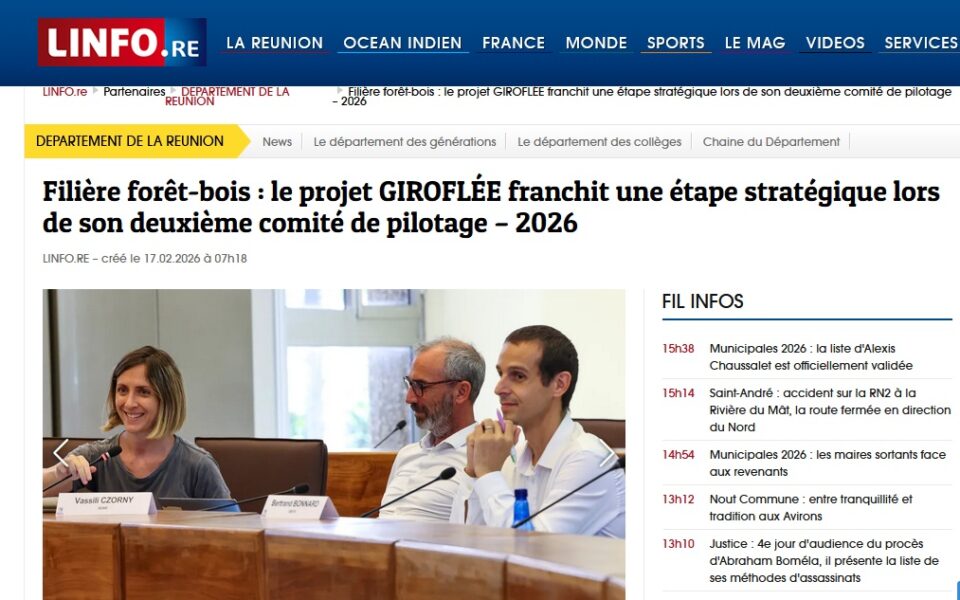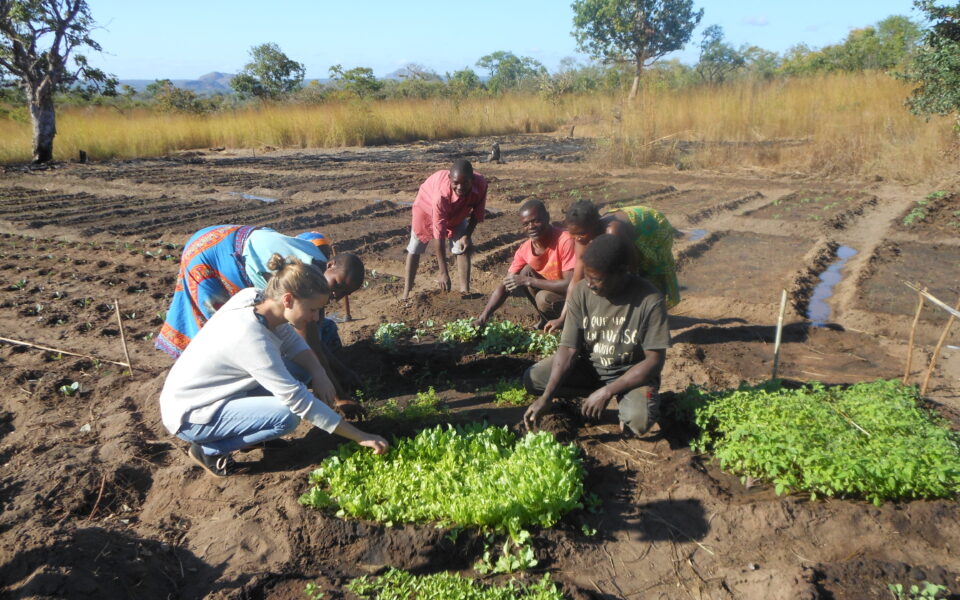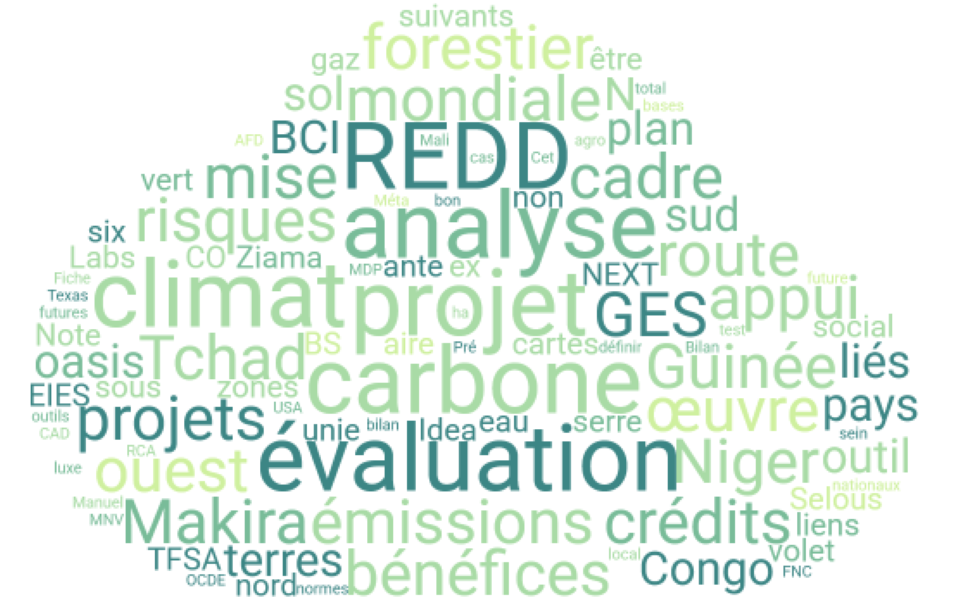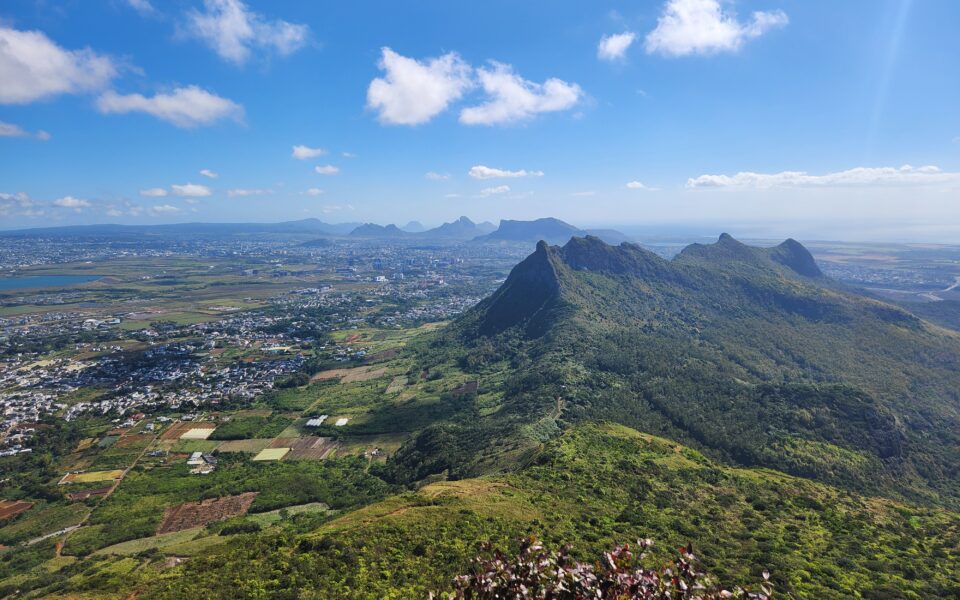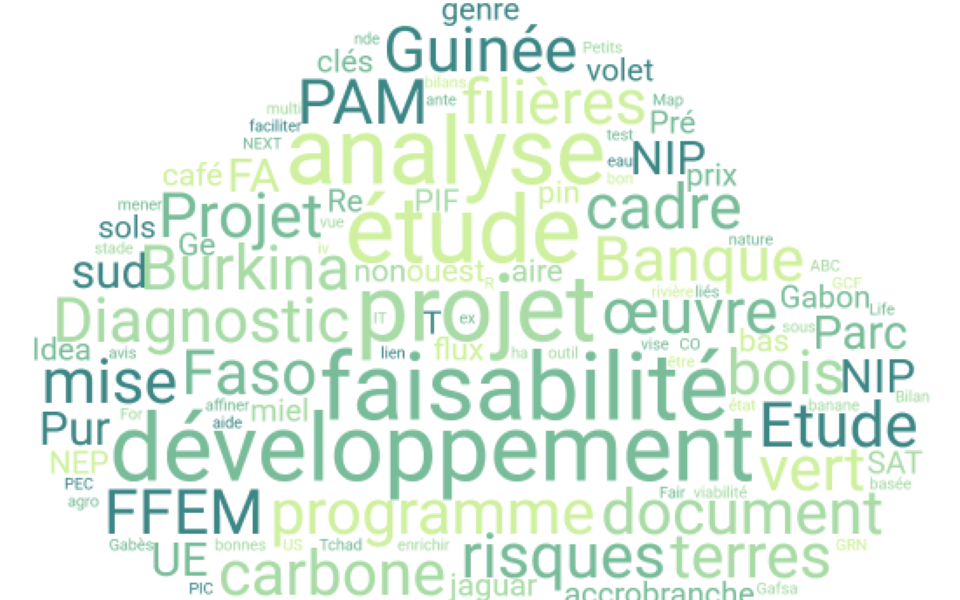
My organization is extremely satisfied with the service and found the team very professional, responsive to our needs and with a strong technical capacity. We will not hesitate to work with SalvaTerra in the future.
Alignment of the Makira REDD+ project with the ER-Program of North-West Madagascar
Wildlife Conservation Society, 11/2017
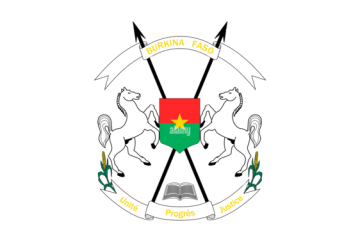
My organization is satisfied with this service and has appreciated very positively the quality of the work and professionalism shown by the SalvaTerra experts.
Revision of Burkina Faso’s REDD+ Preparedness Plan
Gouvernement du Burkina Faso, 11/2017
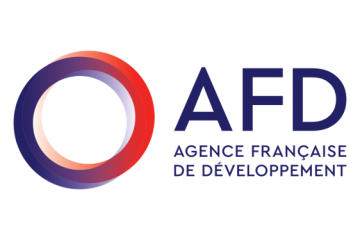
My organization is satisfied with this service and particularly appreciates the responsiveness, precision and relevance of the work provided by SalvaTerra.
Feasibility study of the “Central African Forest Initiative” Programme
French Development Agency, 03/2018

The senior experts mobilized to carry out this study and provide all the related reports have shown great professionalism and competence. The support provided was very timely and all necessary efforts were made to fully meet the expectations of the World Bank and the Tunisian partners involved.
NDC Implementation: Carbon and Green Jobs in Tunisian Oases
World Bank, 09/2023

My organization is satisfied with their performance and would like to highlight the professionalism and comprehensiveness of the approach taken.
Market study on the financing of small-scale private irrigation in Niger
International Finance Corporation, 10/2022
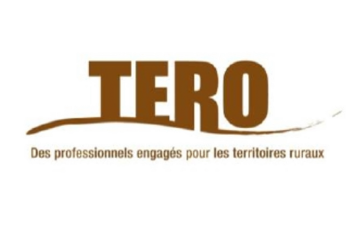
Johan Pasquet conducted and completed the performance in a satisfactory manner.
Evaluation of the Sustainable Food System and the Fight against Malnutrition project in Dakar
Tero, 11/2018

My organization is satisfied with their performance and really appreciates the high-quality services provided in full compliance with their contractual requirements.
Feasibility study for the dissemination of improved cookstoves in Uganda and Kenya
Pur projet, 04/2021

I therefore highly and warmly recommend the SalvaTerra SAS team in view of their analysis and detailed understanding of the contexts and their solid skills on the intersectoral issues of adaptation to climate change (agriculture, livestock, fisheries, water resources, governance including land, gender, etc.), multi-stakeholder dialogue facilitation and territorial approach.
Climate Change Vulnerability Study in the Senegal River Valley
French Development Agency, 01/2022

My organization is satisfied with this service. The basic knowledge necessary to understand agroecology and its practices was transmitted in a clear and synthetic way. The case studies concretely illustrated the issues at stake and, above all, allowed a link with the evaluation tool developed by SIDI, which was well integrated by the consultant.
Training in agroecology for NGO SIDI, a solidarity investor
International solidarity for development and investment, 10/2021

The delivery and deliverables provided (...) are of high quality with practical guidance to support the work of IUCN and its partners in the field. IUCN particularly appreciated the collaborative approach and efficiency in carrying out the mission.
Promoting pro-biodiversity practices in mining and agribusiness in West and Central Africa
International Union for Conservation of Nature, 09/2020

Innovation capabilities, willingness to make an impact and tailored expertise have been key success factors.
Establishment of a mechanism for financing forests by polluting companies
Agence de coopération technique allemande, 08/2019

My organization is satisfied with the execution of this service and I appreciated the high availability and responsiveness of the teams despite the distances, the time differences and the travel restrictions.
Feasibility study of the Talaky Be project for the adaptation of agriculture to CC
French Development Agency, 09/2022

The materials have greatly improved the quality of training and popularized the complex theme of climate change mitigation and adaptation [...] in order to promote more virtuous agricultural practices among 2 million cotton producers.
Training on climate change issues for cotton farming
Better Cotton Initiative, 10/2022

AFD is satisfied with this service.
Revision of the Investment Framework for the Central African Forest Initiative
French Development Agency, 02/2017

All services were provided in a timely manner and to high professional standards.
Study and support for beekeeping, ecotourism and native plants
Belgian development agency, 02/2025













